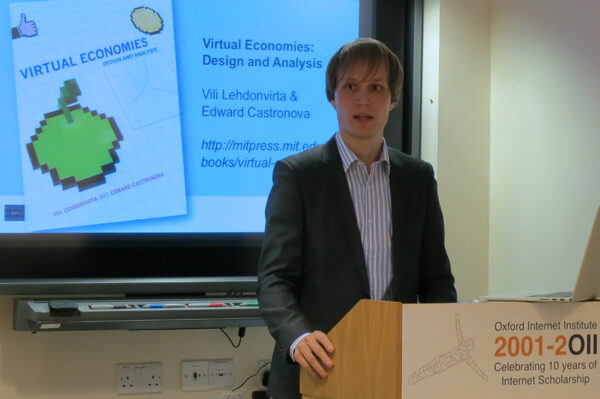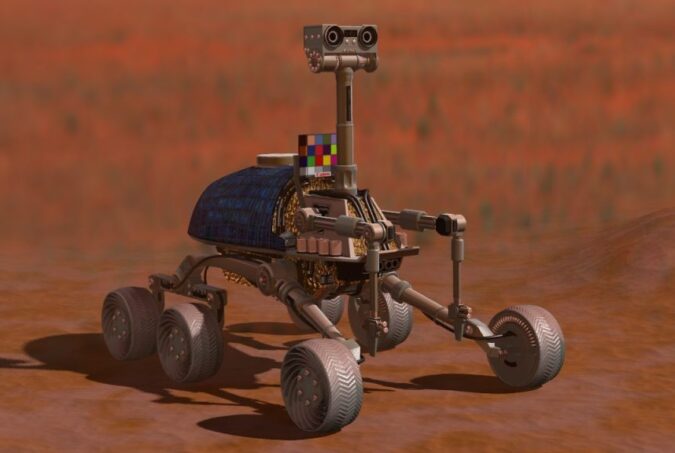Ed: You are looking at the structures of ‘virtual production networks’ to understand the economic and social implications of online work. How are you doing this? Mark: We are studying online freelancing. In other words this is digital or digitised work for which professional certification or formal training is usually not required. The work is monetised or monetisable, and can be mediated through an online marketplace. Freelancing is a very old format of work. What is new is the fact that we have almost three billion people connected to a global network: many of those people are potential workers in virtual production networks. This mass connectivity has been one crucial ingredient for some significant changes in how work is organised, divided, outsourced, and rewarded. What we plan to do in this project is better map the contours of some of those changes and understand who wins and who doesn’t in this new world of work. Ed: Are you able to define what comprises an individual contribution to a ‘virtual production network’—or to find data on it? How do you define and measure value within these global flows and exchanges? Mark: It is very far from easy. Much of what we are studying is immaterial and digitally-mediated work. We can find workers and we can find clients, but the links between them are often opaque and black-boxed. Some of the workers that we have spoken to operate under non-disclosure agreements, and many actually haven’t been told what their work is being used for. But that is precisely why we felt the need to embark on this project. With a combination of quantitative transaction data from key platforms and qualitative interviews in which we attempt to piece together parts of the network, we want to understand who is (and isn’t) able to capture and create value within these networks. Ed: You note that “within virtual production networks, are we seeing a shift…
This mass connectivity has been one crucial ingredient for some significant changes in how work is organised, divided, outsourced, and rewarded.







